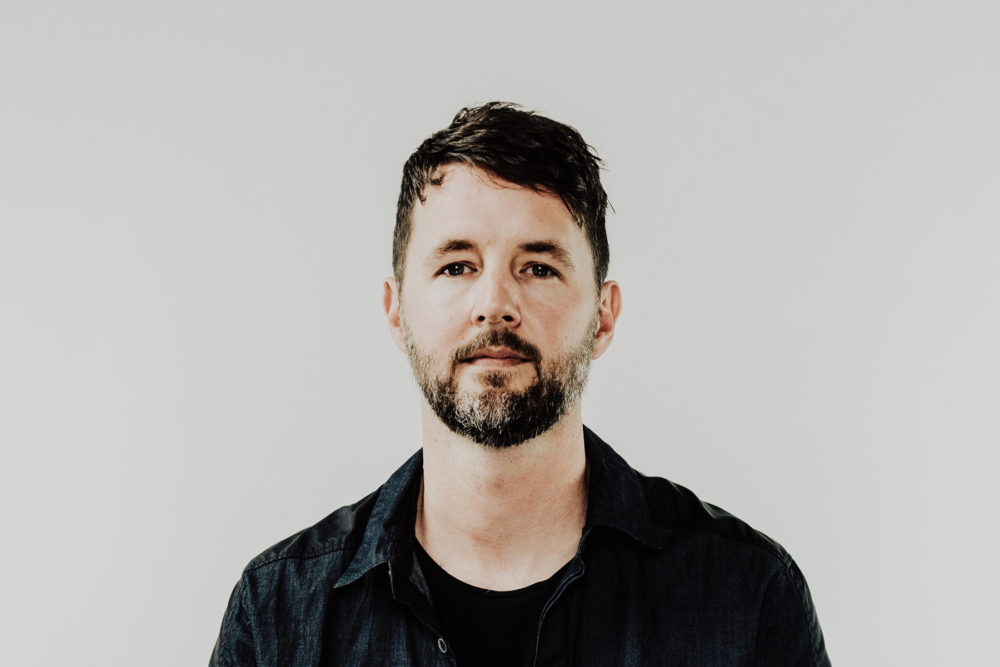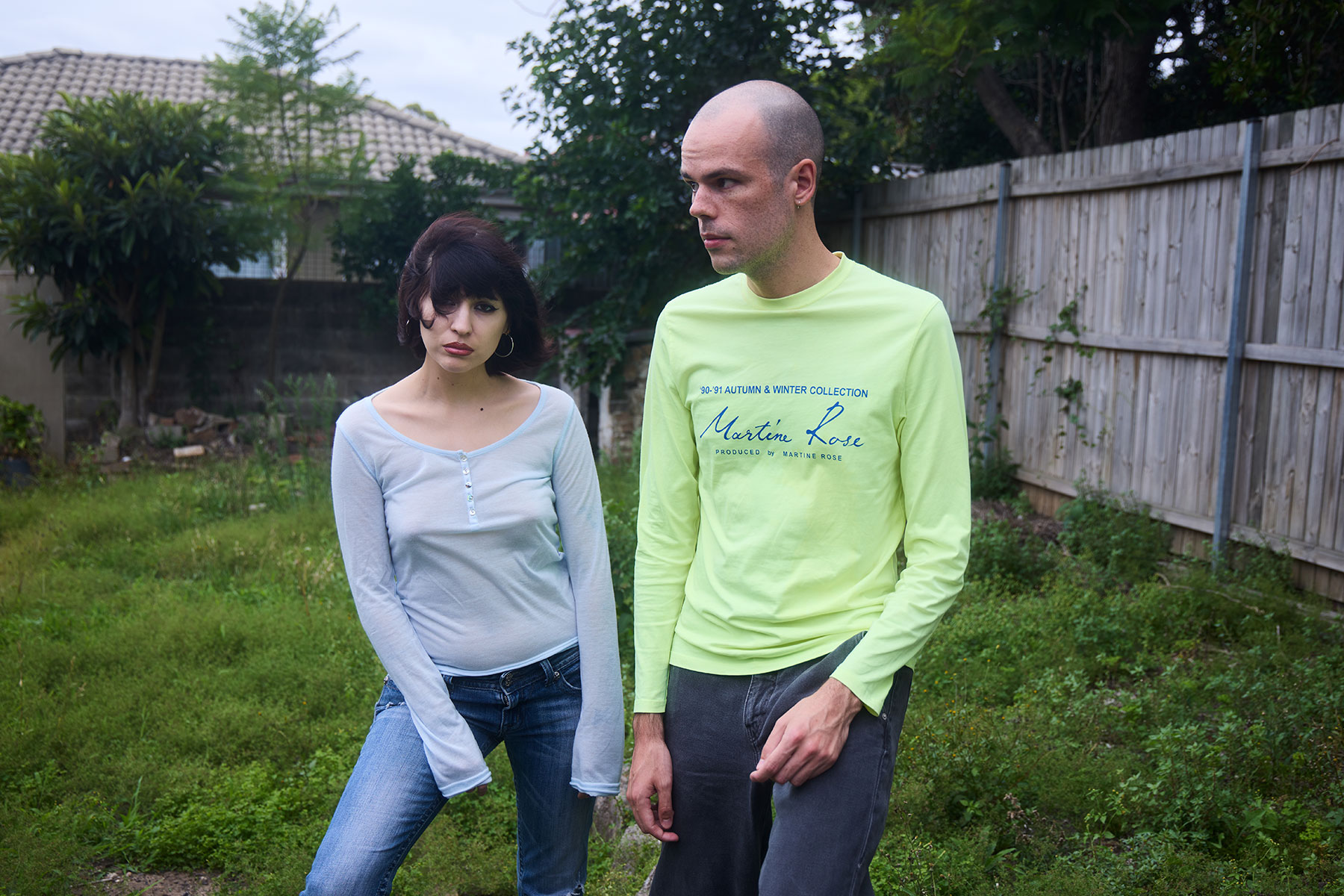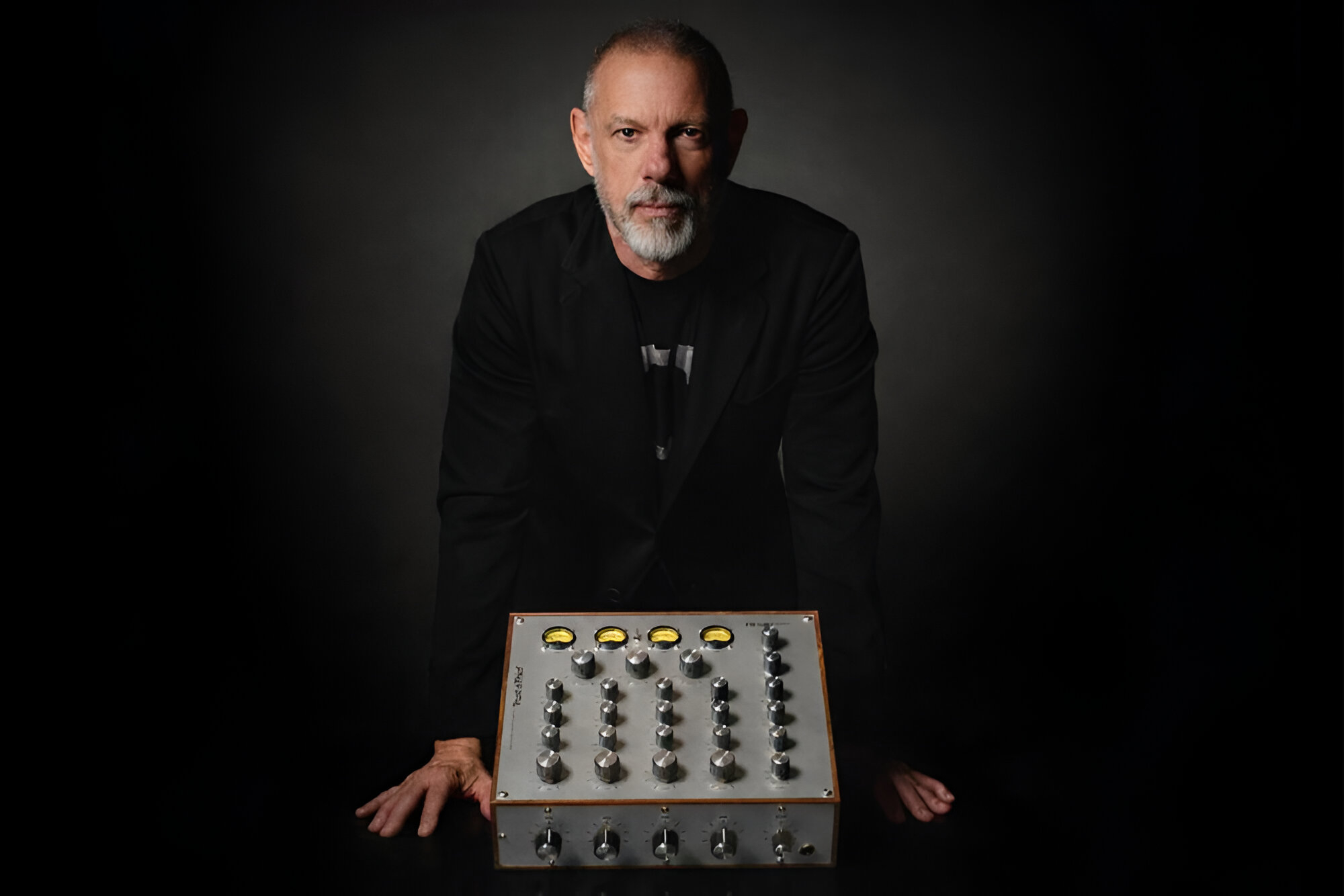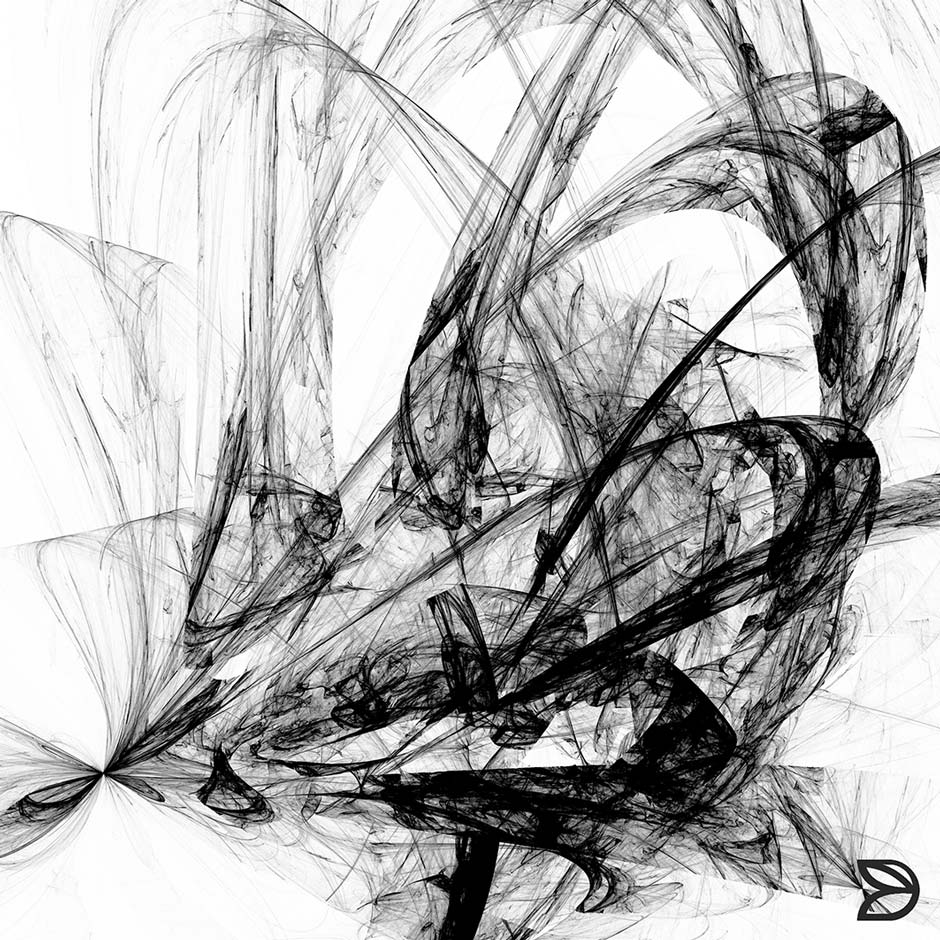A strong believer in the importance of putting in long hours in the studio, DJ and producer Butane has an impressive discography that has been released by some of the most reputable labels in the industry. These include Crosstown Rebels, owned by Damian Lazarus, Sci+Tec, owned by Dubfire, Hottrax, owned by Jamie Jones, and Get Physical, owned by M.A.N.D.Y., among others.
Photo credit: Butane – Official
In addition to being a successful artist, Butane is also the founder of three influential underground dance music labels: Alphahouse, Little Helpers, and his latest project, Extrasketch. Since 2005, he has gained international acclaim as a DJ and has performed at top clubs and festivals worldwide, receiving rave reviews.
Continuing his commitment to delivering cutting-edge underground dance music, he has recently released the second installment of his highly anticipated trilogy, ‘Underground Business,’ on his own label, Extrasketch. To celebrate, Butane invited EG to the studio for five studio tips to simplify your workflow.
1. Simplify your studio
Most of the huge immaculate studios full of vintage gear you see on social media operate more like museums than actual working studios. Before you even think about spending 5k on some rare synth, take that money and get some proper acoustic treatment done on your room. And don’t skimp on your speakers. You need a nice PA with good components. You basically want it to sound like the DJ booth at Fabric when you turn it up. This means you need a subwoofer. OK, now you can start buying synths and drum machines. Don’t overdo it. Do you want to be a gear collector? Or do you want to make music? A handful of practical machines that you know well, running in sync with your DAW, is plenty. In my opinion, there are diminishing creative returns in collecting too much equipment. Don’t get overwhelmed. Simplify your workflow.
2. Wing it
Be free when you write. Try not to fall into old habits. Twist knobs you’ve never twisted before. Experiment. When something sounds cool, record it. Jam some more. Record that too. Now edit! You don’t have to be some virtuoso performer here. You’re not playing in front of a packed house at the New York Philharmonic. You can make mistakes and edit them later. This is electronic music. Lay down some cool tracks and then put the puzzle pieces together in your DAW.
3. Get some perspective
Sometimes magic happens and you nail a track in a few hours, but most of the time this isn’t the case. Don’t rush things out. Work well in advance of deadlines. When you think a track is done, sleep on it. Put it to bed for a few weeks. Or even months. Take a walk and listen to it in headphones a few times. Often when you come back to it, you’ll hear things that need to be fixed, whether in the arrangement or on the technical side. There is a kind of romantic fog that occurs when you first make a track. That’s narcissism. Don’t fall in love with yourself just yet buddy. Your track probably still needs some work.
4. Separate the creative and the technical
Consider making music in two distinct stages. The first is the creative stage. Just write. Don’t get too caught up in whether that kick drum or snare is perfect. What you’re looking for now is that spark. A theme. Once you find “it”, move forward quickly, start sequencing ideas and the track will start to take shape. Once you’ve established the basic structure of the piece, and you have enough written to know where this is all headed, then you can start to tweak the other details. When the track is finished creatively, then you need to switch your brain over to technical mode for the mixdown. Does the kick drum fit with the bassline? Too much resonance in the sample? Phasing? Does the clap need reverb? Hi-hats taking up too much space around 1500hz? Sidechains. EQs. Gates. Drum bus compression. The list goes on. This is still a creative process, but you’re no longer “writing music” per see. At this point, you’re just putting together sonic puzzle pieces. It takes a lot of practice to separate these two processes, but it’s useful to view them as completely distinct. Refer back to #3 above – putting some time in between these stages can help immensely. Don’t mix your track the same day you finish it. Go to bed and mix it tomorrow with fresh ears. If this is all too much, or maybe you feel you don’t yet have the technical skills to do justice to your epic composition, consider hiring an engineer to mix your track. I can’t count the number of cool tracks I’ve bought as a DJ only to find they’re not mixed or mastered correctly and don’t deliver in the club.
5. Reference, reference, reference
Compare your tracks to others. Constantly. Most budding producers are also DJs, so surely you have a collection of tracks you like to play. Does your track sound like those? If not, you need to keep working. DJing your tracks with others that you know sound good is a great way to see if yours delivers. To fully take advantage of this tip, though, you’re going to need to learn how to master your own music. At least on a rudimentary level. I’m doing a lot of mixing and mastering for various labels and artists right now, and learning how to master my own tracks was probably the best thing that ever happened to my mixdowns. It taught me so much about how to listen for balance, and understanding what compression and limiting is going to do to the final product.
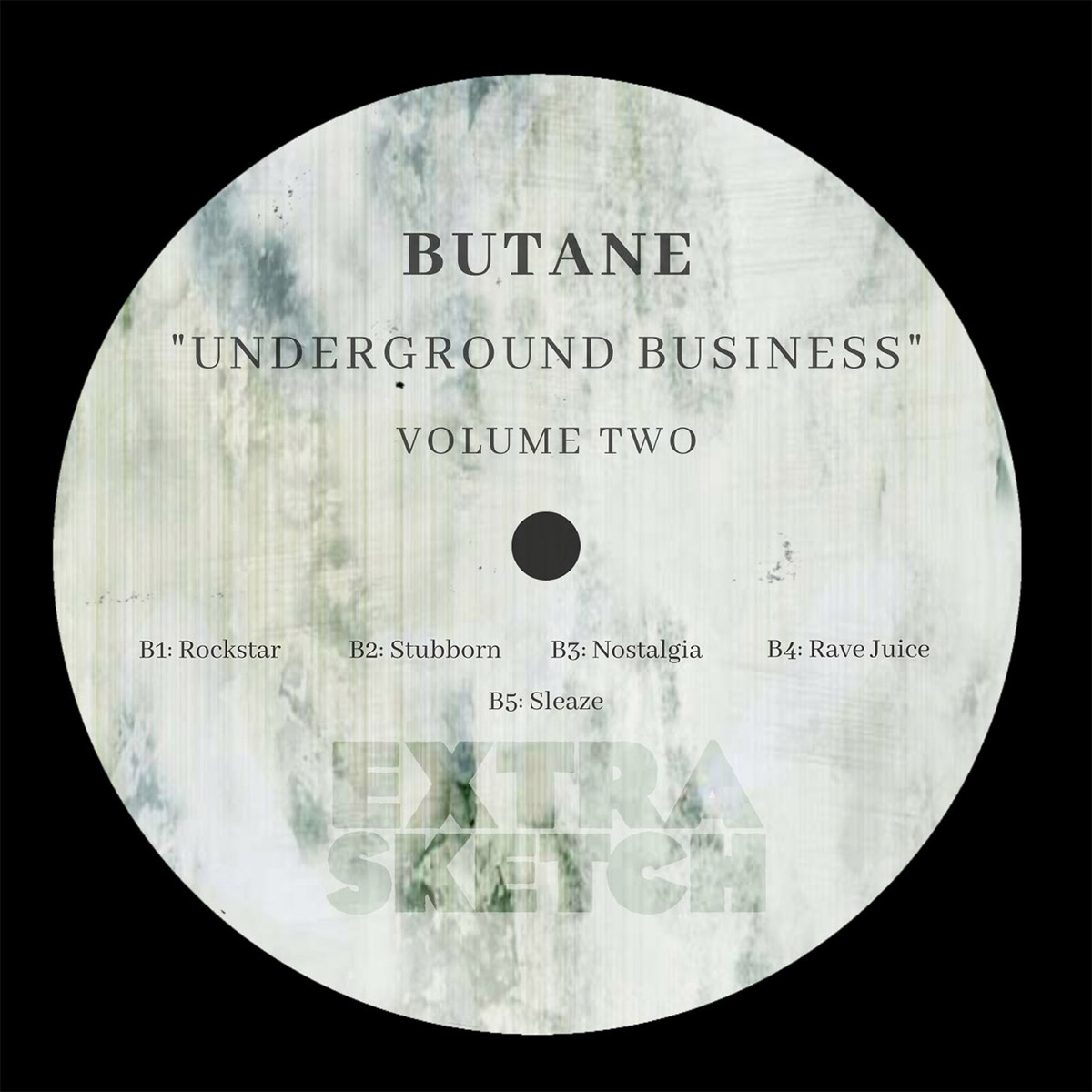
Butane’s ‘Underground Business’ is out now via Extrasketch. Stream and download here.
Follow Butane: Spotify | Soundcloud | Instagram


